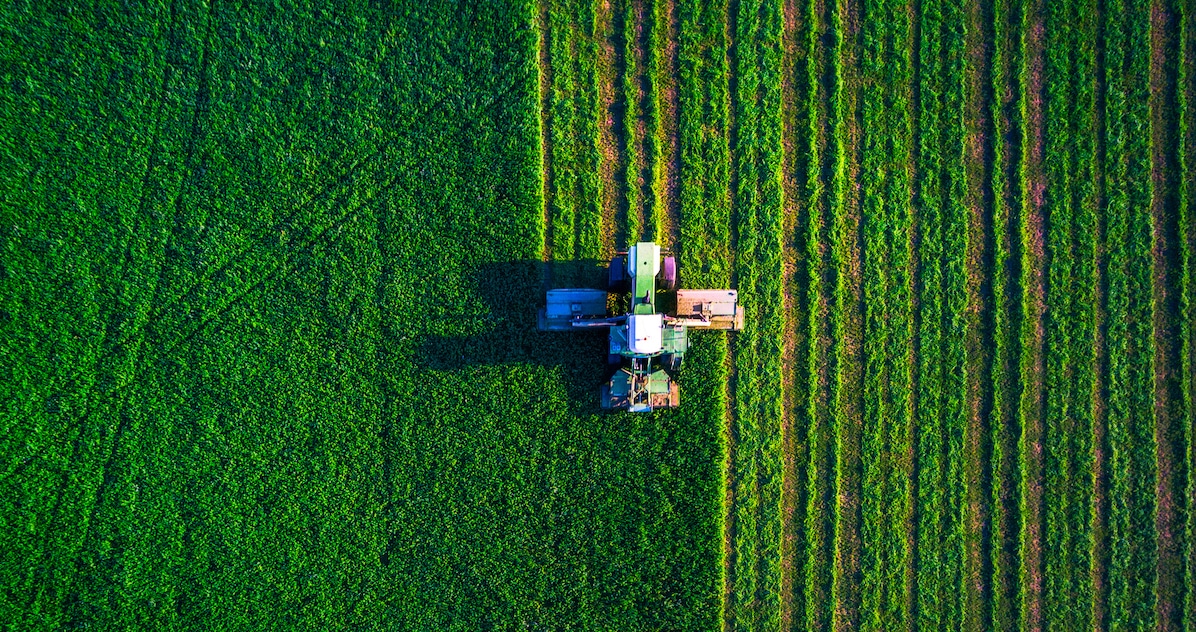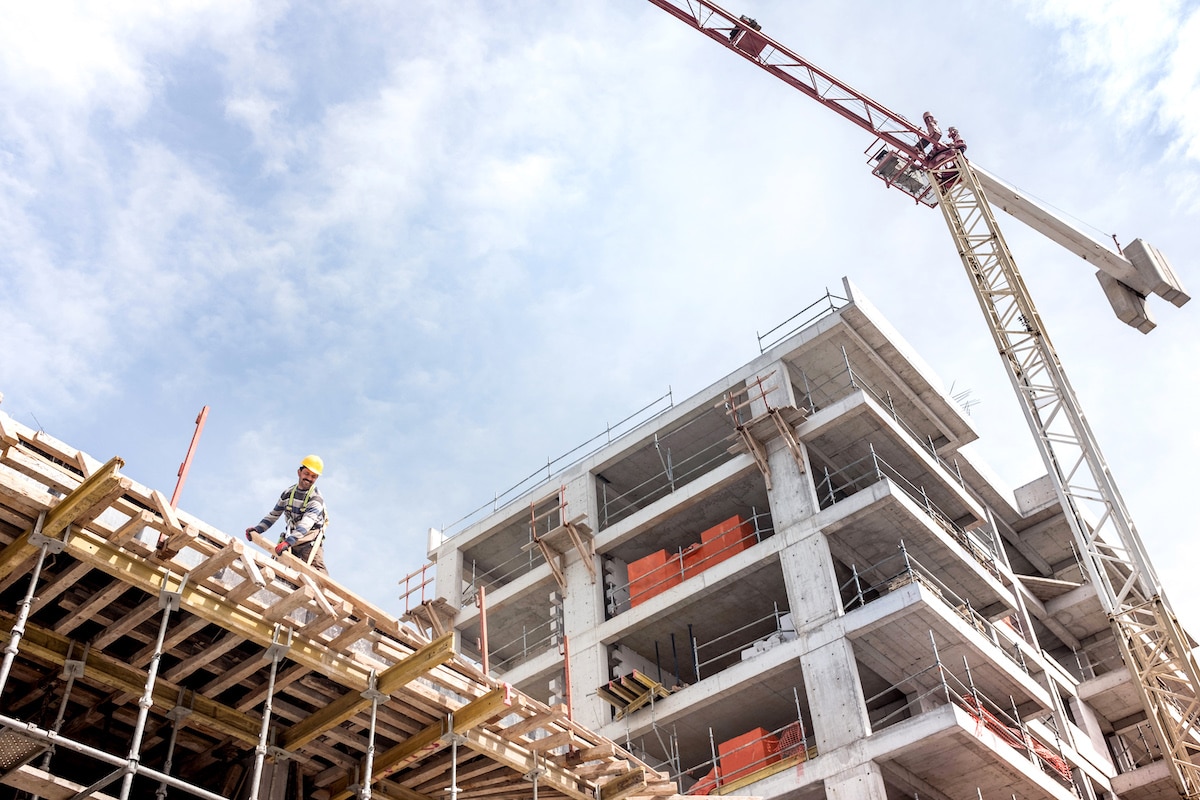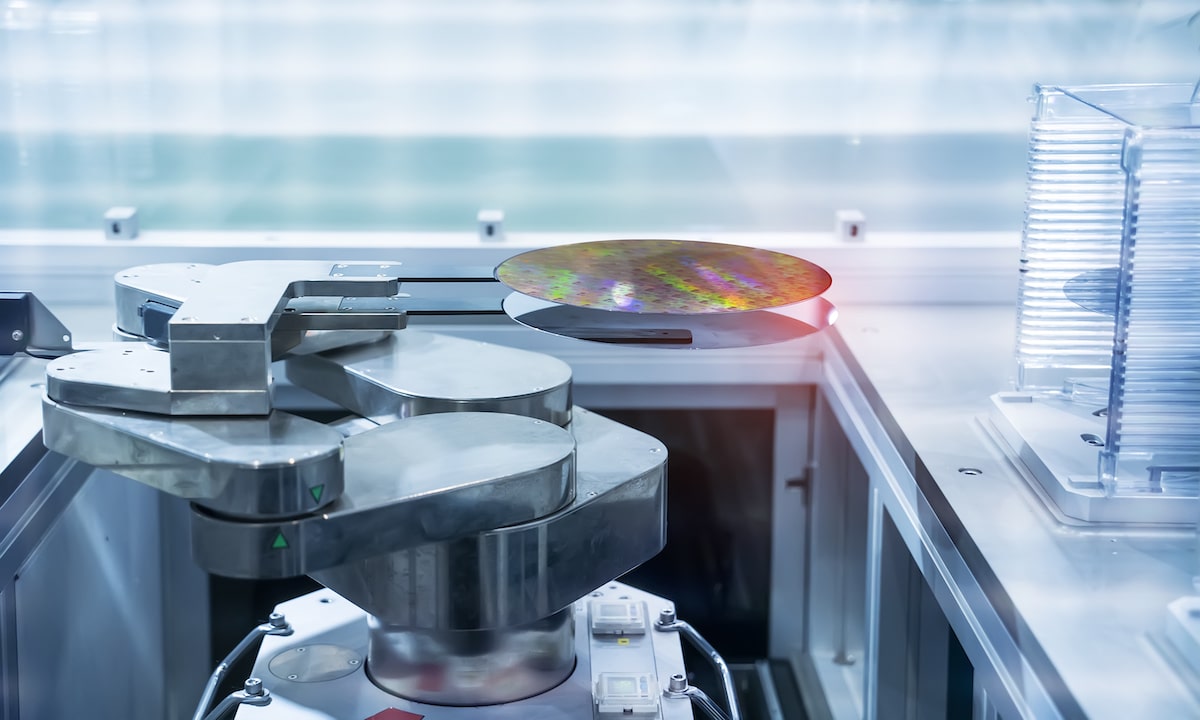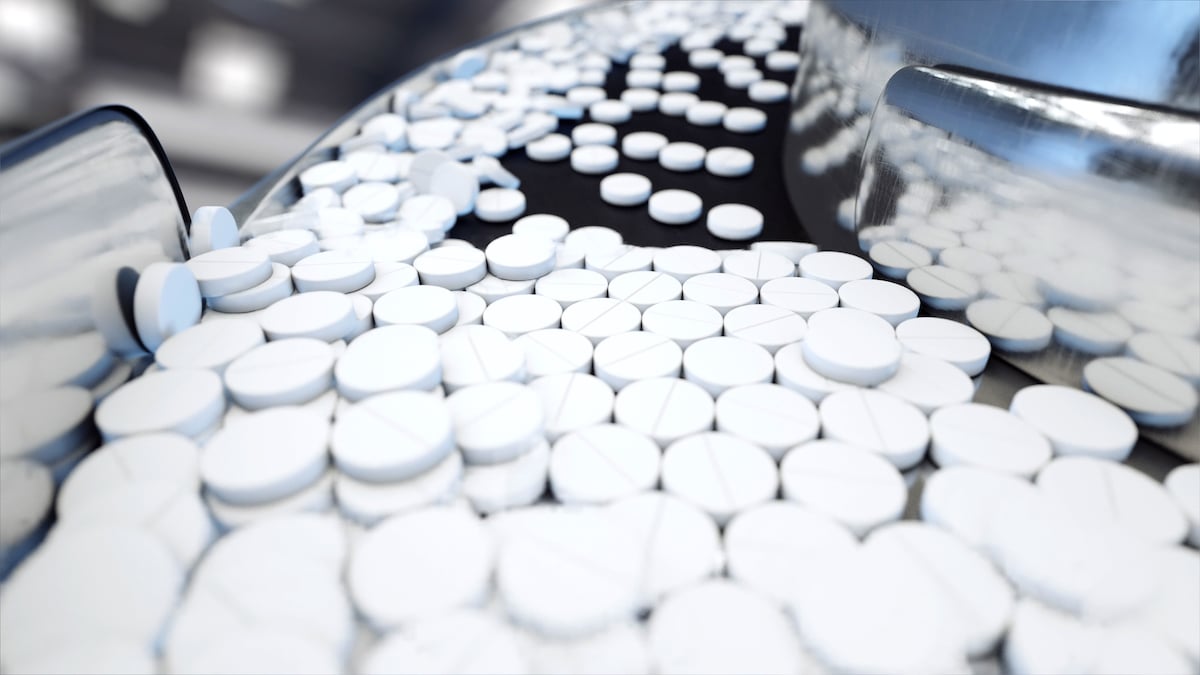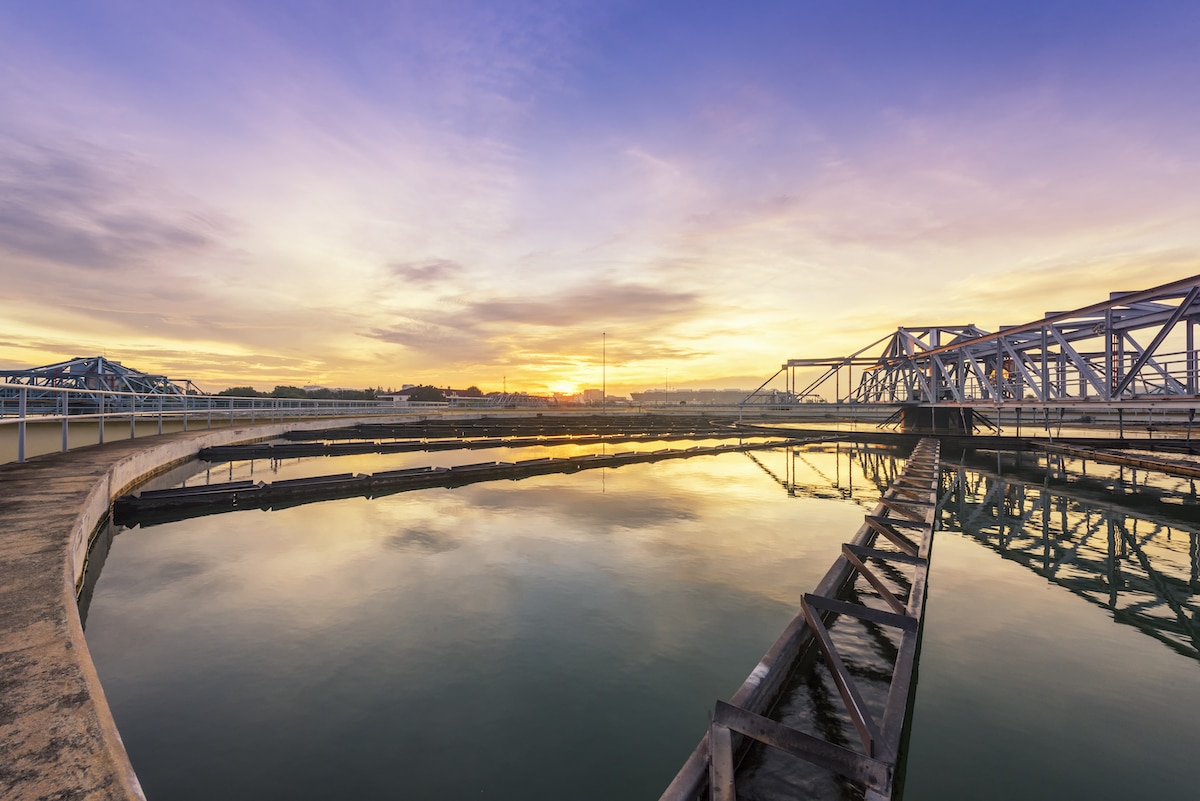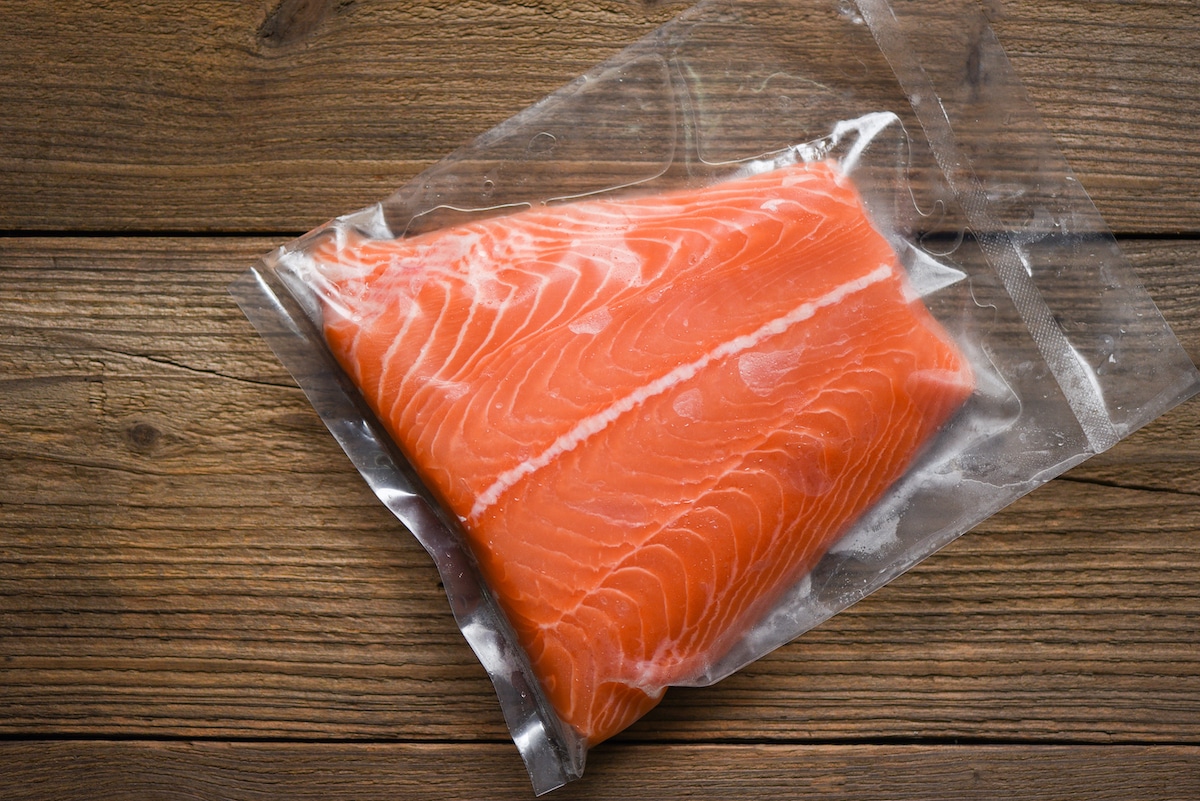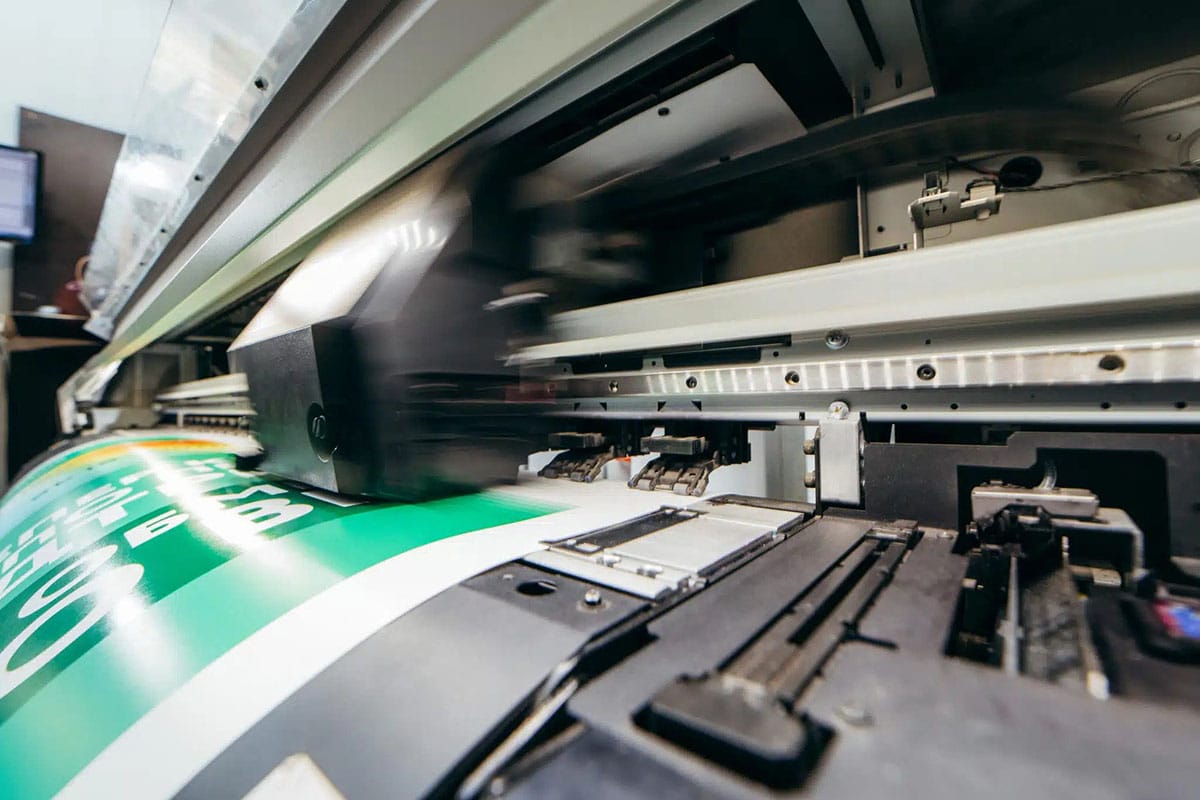The 2023 AdvanSix Supplement Your Soybeans program features some new and some returning faces as the participants look to gain knowledge about sulfur nutrition. Throughout the summer, participating farmers across key soybean-growing regions will conduct field trials to test the effect of applying ammonium sulfate (AMS) on their soybean yields.
Three participants are returning from last year’s trials and two new participants are joining the program for the first time. Returning as a third-year participant in the program is Marc Kaiser of Carrollton, Missouri. He is joined by second-year participants Patrick Riley of Maxwell, Kentucky, and Ryan Reimers of Defiance, Iowa. New to the program in 2023 are Brady Holst of Augusta, Illinois, and Brian Ray of East Prairie, Missouri.
A desire to learn
As the Supplement Your Soybeans farmers were getting in their fields this spring, they said they were looking forward to learning more about the potential benefits of AMS on soybeans.
“It’d be great if we saw a yield bump, but really, I like to do trials to learn something new,” Holst said. “It’s always good if something works out. But if not, I’m just looking forward to gaining the knowledge that comes out of this trial and learning more about the role of sulfur in soybeans.”
Meanwhile, Kaiser said he wants to find out more about where, when and how AMS performs best. “Each year, I’m learning more about the benefits of ammonium sulfate and where it can have the most impact on my farm,” he said. “This program is all about how we take a tool that we know can be beneficial and figuring out what soils and locations to put it on so it can help us achieve our yield goals to maximize our profitability.”
Setting goals and expectations
Participating farmers are scattered throughout the country, and their farms feature a range of different soil types and weather conditions. Each participant has his own unique goals and expectations for this year’s trials.
Last year, Reimers struggled with emergence in his soybeans, but he hopes that an application of AMS at planting can help get his soybeans off to a strong, consistent start. “This year, I’d like to be a little more purposeful in the application timing of the AMS to see if we get a bigger response in terms of physical plant growth earlier in the season,” he said.
Reimers noted his trial field has some historically lower-yielding areas. This year, he is hopeful that the AMS can bump those lower-yielding areas up to at least the field average, if not better.
While Ray is a first-time participant in the Supplement Your Soybeans program, he has experimented with nitrogen and sulfur on soybeans in recent years. This year, he said he looks forward to testing AMS on a larger scale. “I’d like to see if AMS can help with emergence and overall plant health. But the main thing is how it yields and if we get the output needed for the AMS to pay for itself or give us a return,” he said. “We need to see how it performs and if it is viable to make money with a whole field application in the future.”
Waiting on the weather
While the farmers can control many variables, they can’t control the weather. Ahead of planting, all participants had Mother Nature on their minds and how weather has the potential to make or break the crop throughout the growing season.
After observing a yield bump and noticeable return on investment from his AMS application last year, Riley’s farm experienced a post-harvest dry spell. While he saw a positive yield response last season, he is curious to learn more about how the unusually dry autumn and this year’s expected weather variability may affect the performance of AMS on his soybeans.
Kaiser said rainfall is important to how AMS performs. He believes that getting rainfall at the right times plays a key role in how soybeans can take full advantage of the benefits of AMS. “I think a lot of this is going to come down to those late-season rains,” he said. “What we’ve learned the past couple of years is that if we can catch those July and August rains, then that’s where we see the most benefits from the AMS to give the beans what they need to fill and take advantage of all the pods that we have out there.”
Only time will tell the factors that will determine the results of the AMS field trials for the Supplement Your Soybeans participants this growing season. Stay tuned for updates throughout the season about how the farmers’ fields are progressing and how they’re responding to any unexpected challenges that arise.

